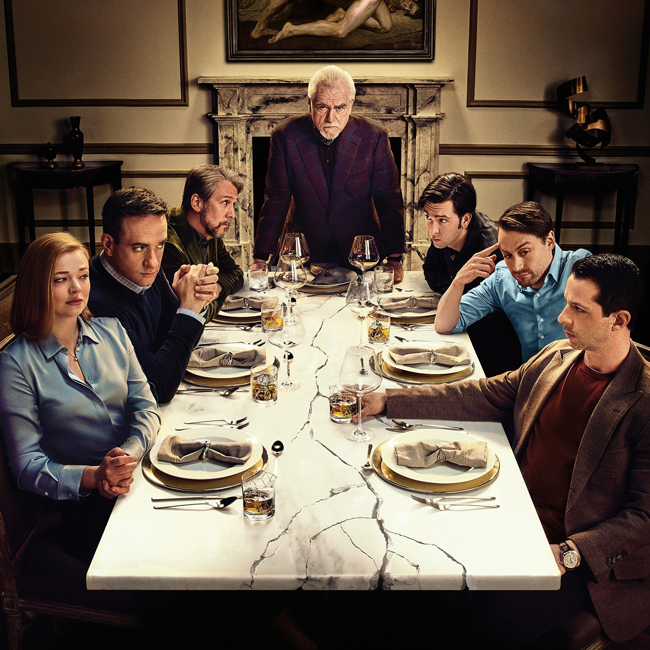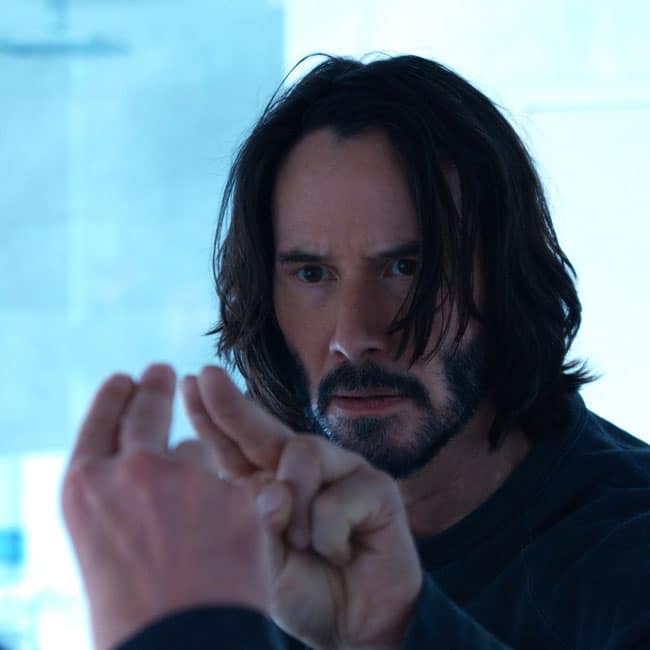
Alpha dogs and the toughness trap: How we can redefine modern masculinity
Opinion + AnalysisHealth + WellbeingSociety + Culture
BY Monty Badami 1 NOV 2024
Jill Stark, recently wrote a controversial piece likening athlete Nedd Brockmann’s 1600km charity run to a broader trend of men “repackaging mental health as mental toughness”, where the “blokeification of mental fitness” is “just toxic masculinity rebranded”.
She has since apologised for the headline, acknowledging that it “was reductive and clumsy and failed to capture the complexity of the issue”. But she also received a lot of vitriolic abuse that proved the very things she was trying to call out.
Whilst it’s not new for men to engage in extreme acts to prove themselves, there has been an increase in shirtless men on social media, with rock-hard abs and beards, embarking on extreme ritualistic adventures to reclaim their manhood. Men are going to brutal boot camps to develop their physical wellbeing, mental toughness, and “find their tribe” through a spartan lifestyle, a navy seal mindset and howling at the moon. Beating drums, near-naked wrestling, the rejection of alcohol, drugs, technology, women and other worldly distractions are the homo-social privations in this cult of masculinity, where Jordan Peterson is regularly quoted, and Andrew Tate is tolerated, if not revered.
Whilst I won’t tar Nedd Brockman with the same brush, there’s something about how he’s been received that could be used as a gateway to the manosphere.
The “no pain no gain” movement in men’s mental health, and the performative tribalism that goes along with it, has worrying similarities to the humiliating initiation rituals of university colleges, the military and cults. But it’s not the first time men have desired the return to an idealised “natural”, “tough” and masculine past.
Paradoxically, the term “toxic masculinity” emerged from the mytho-poetic men’s movement of the 80s and 90s. It was an explicit response, by men, to feelings of powerlessness at a time when the feminist movement was challenging traditional male authority. It was an attempt to navigate the social pressures placed upon men to be violent, competitive, independent, and unfeeling.
But toxic masculinity doesn’t simply condemn all men or male attributes. It refers to the rigid and excessive policing of masculine norms, such as dominance, self-reliance, and competition, that are harmful to men, women, and society overall. And this is how the performance of alpha-male, lone-wolf, toughness can be toxic. But we must consider the intent.
Is the focus on toughness an act of self-interest to stroke the ego? Is it necessarily tied to masculinity, and used to dominate other men? Or is it a mechanism for self-understanding, self-growth and service to the community?
How is Brockman’s achievement different to Jessica Watson sailing around the world? Or Grace Tame competing in ultra marathons and processing her trauma? Or Darius Sam, from the Lower Nicola First Nation in Canada, who ran 100 miles to raise awareness around addiction and mental illness, and to grapple with how these issues affected his life?
As an officer in the Australian Army, my training challenged me mentally, physically and emotionally to develop resilience and moral courage. But this was not about glory. My ego actually got in the way when I faced those dark places within. Sitting with my emotions and transcending my ego became a source of profound growth and self-understanding. For Stoics like Aurelius and Epictetus, they taught that resilience comes from within, based on inner values rather than external displays of strength.
When we look cross-culturally, extreme rituals are not only about the promotion of self, or masculinity. Ritual theatre and performance is also a way to create intense social bonds and transcend the self, with adaptive and evolutionary benefits. We can even see this in the strong feelings of community experienced by both men and women who do ultramarathons or cross-fit.
But what troubles me in this discussion is the assumption that external challenges are inherently masculine and performative, and internal ones are somehow feminine and more authentic. It’s a false binary that ignores the fact that this is beyond gender. It ignores how external challenges facilitate the journey within.
But, why do we necessarily associate anger, aggression and competition with masculinity? Why do we associate empathy, nurturing and care with femininity?
I’m not competitive or aggressive. In our home I’m seen as more empathetic. My wife is the opposite. She’s more decisive, and doesn’t like talking about her feelings. Does this make her less of a woman and me less of a man? Of course not. What’s more, we both possess all the qualities listed above, just in different measures.
Essentialist concepts of masculinity ignore the fact that there are many ways to be a man. Whether you define masculinity in “traditional” or “alternative” terms, you are still constraining it, and that can make it toxic.
And so, we need to interrogate the very definition of masculinity itself, so we can safely explore our sex and gender, and find healthy versions of what it means to be human in all its brilliant complexity.
We’re all at different stages of personal growth, so perhaps the answer is not simply “news-jacking” Nedd Brockman, stopping ultra-marathons or ice-baths, and lumping them in the same bucket as toxic “raw-dogging” masculinity. Perhaps the answer is the very thing we want those alpha-males to embody? Perhaps the answer is empathy and compassion?
Rather than pushing these men away, Mike Dyson, founder of The Good Blokes Co, an organisation that runs Healthy Masculinity Retreats, says:
“A lot of men think the conversation about masculinity is negative and dominated by women, so they are disengaging. Nothing is going to change if men are not having this conversation too.”
“We’re seeing a desire of men to explore toughness and resilience – and that’s because our culture of masculinity rewards the performances of toughness. So, we need to meet blokes where they are in order to take them to where they need to go.”
“Rigid masculinity is the thing that gets in the way of true resilience because it stops us talking about our emotions, so we have an opportunity and a responsibility to have a deeper conversation about this with the men in our communities”.
And perhaps that is precisely what Stark and Brockman are allowing us to do right now. We can actually draw men in with the language of mental toughness, and then open the conversation to include other things like service, humility, intimacy, emotional maturity, accountability, calling out your mates, and stopping gender-based violence. And this can be a really important thing to give young men as they navigate the internal and external challenges of what it means to be a man in the world today.
Further resources
Mental Health
Head to Health: https://www.headtohealth.gov.au/
Open Arms: https://www.openarms.gov.au/
Relationships Australia: https://relationships.org.au/
Talk2MeBro: https://www.talk2mebro.org.au/
Community Groups
The Man Walk: https://themanwalk.com.au/
Dads Group: https://www.dadsgroup.org/
Tough Guy Book Club: https://toughguybookclub.com/
Mens Shed: https://mensshed.org/
The Men’s Table: https://themenstable.org/
Immediate Support
Beyond Blue: https://www.beyondblue.org.au/
Men’s Line: https://mensline.org.au/
Lifeline: https://www.lifeline.org.au/
Studies and interactive resources
Together: The Healing Power of Human Connection in a Sometimes Lonely World: https://www.vivekmurthy.com/together-book
The Man Box Study: https://jss.org.au/programs/tmp-research/the-man-box/
The Good Blokes Co: https://www.goodblokes.co/
Healthy Male website: https://www.healthymale.org.au/mens-health-week-2023
For more, tune into the FODI24 panel discussion, Positive Masculinity:

Ethics in your inbox.
Get the latest inspiration, intelligence, events & more.
By signing up you agree to our privacy policy
You might be interested in…
Opinion + Analysis
Society + Culture
11 books, films and series on the ethics of wealth and power
Opinion + Analysis
Society + Culture
What is all this content doing to us?
Opinion + Analysis
Health + Wellbeing, Society + Culture
Does your body tell the truth? Apple Cider Vinegar and the warning cry of wellness
Opinion + Analysis
Relationships, Society + Culture




